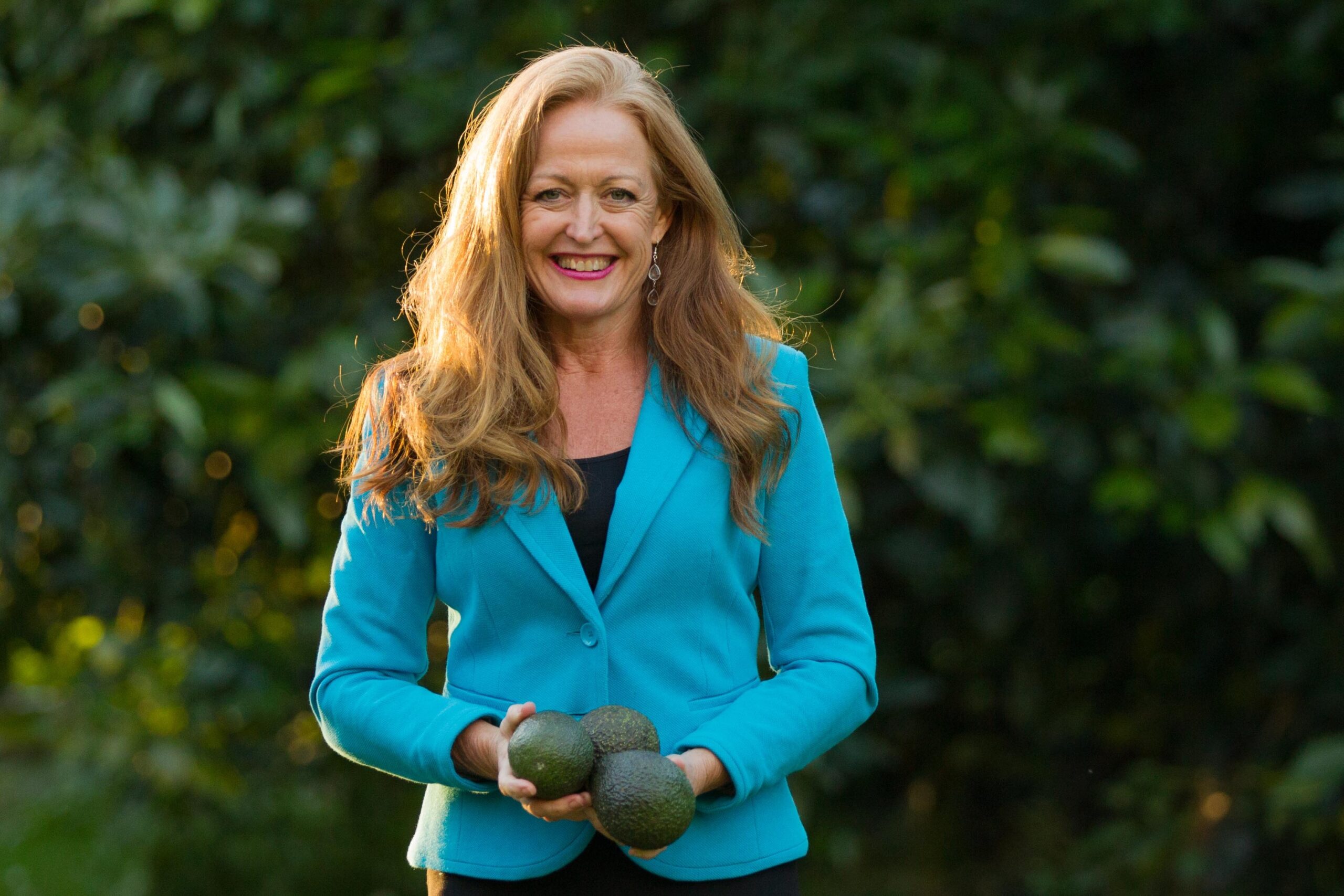New Zealand’s 2019-20 avocado season saw avocado export volumes up to 3.8 million 5.5kg trays, an increase of 26 percent on the previous season.
Asian markets including Thailand, Korea, Singapore and Taiwan received 35 percent more volume, meeting the industry’s objective to grow volume to the Asian markets.
Industry returns for the 2019-20 season are $154 million, an increase on the previous year of $10 million. The New Zealand market sold a record 2.7 million trays worth over $50 million demonstrating Kiwis’ growing love of avocado. For the first time in a number of years there was no break in avocado supply, as growers held on to one crop while the new crop matured on the trees. This also avoided the spike in pricing that often accompanies the lower supply but increasing demand.
Investment into new plantings continued in 2019 with over 120 new avocado properties registered between May 2019 to May 2020. New Zealand Avocado Growers’ Association Inc. chair Tony Ponder says New Zealand’s avocado industry is in a position of growth and development. “The continued investment demonstrates real confidence in the New Zealand avocado industry. Many new growers are attracted to the industry because of the strong growth plans within the industry, and the confidence from the collaborative structured approach but also seek to produce a healthy product, while looking after the land.”
NZ Avocado CEO Jen Scoular (pictured) says avocados have 19 vitamins and nutrients, including those necessary for a healthy immune system. “An increased focus from consumers on health and wellness has contributed to the growth we have seen in New Zealand avocado consumption.”
NZ Avocado are very aware of the demand by consumers and customers alike to know about the impact avocados have on our land, environment and people. The industry is developing a sustainability strategy and have hosted a series of stakeholder workshops around the avocado growing regions.
“Many avocado growers are passionate about taking care of New Zealand and want to see their orchards contributing positively to environmental, economic and social sustainability in their communities and regions,” says Scoular. “The new crop for the 2020-21 season is looking very good on the trees, with an expected 10 to 15 percent increase in volume. The drought will have put some stress on the trees, so many will have welcomed the recent rain,” says Scoular.
Export uncertainty ahead
There are still elements of uncertainty around the export season ahead as the world manages COVID-19. Australia presents good opportunity for 70 to 80 percent of New Zealand’s export volume, with lower domestic production expected in 2020 out of Western Australia. Demand in New Zealand’s eight avocado export markets across Asia looks very good, but freight and import challenges will need to be overcome.
Here in New Zealand, industries across the horticulture sector have collaborated to ensure horticulture plays a key role in New Zealand’s post-Covid recovery. Avocados are a part of this collective and are working with key government departments to deliver an industry led, government enabled strategy. This follows the work completed during lockdown between Horticulture and Government to ensure that the industry could keep growing and harvesting so that consumers within New Zealand and overseas customers could continue to buy fresh fruit and vegetables. Scoular says, “I am excited by the potential of this new level of industry-government collaboration. This strategy recognises the opportunity to create sustainable value by working together as we grow, transport and market our safe, ethically-produced and healthy food to consumers in New Zealand and around the world.”




